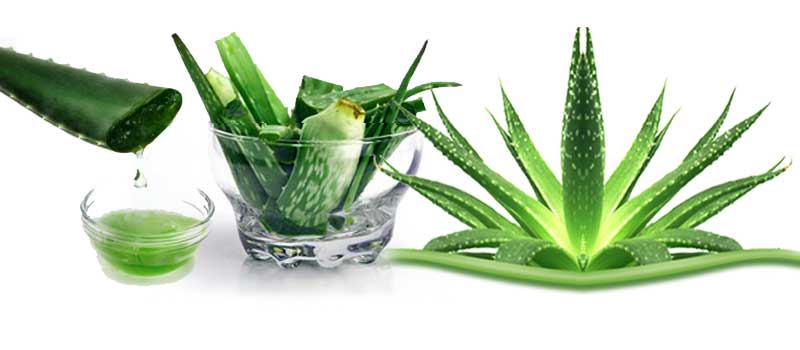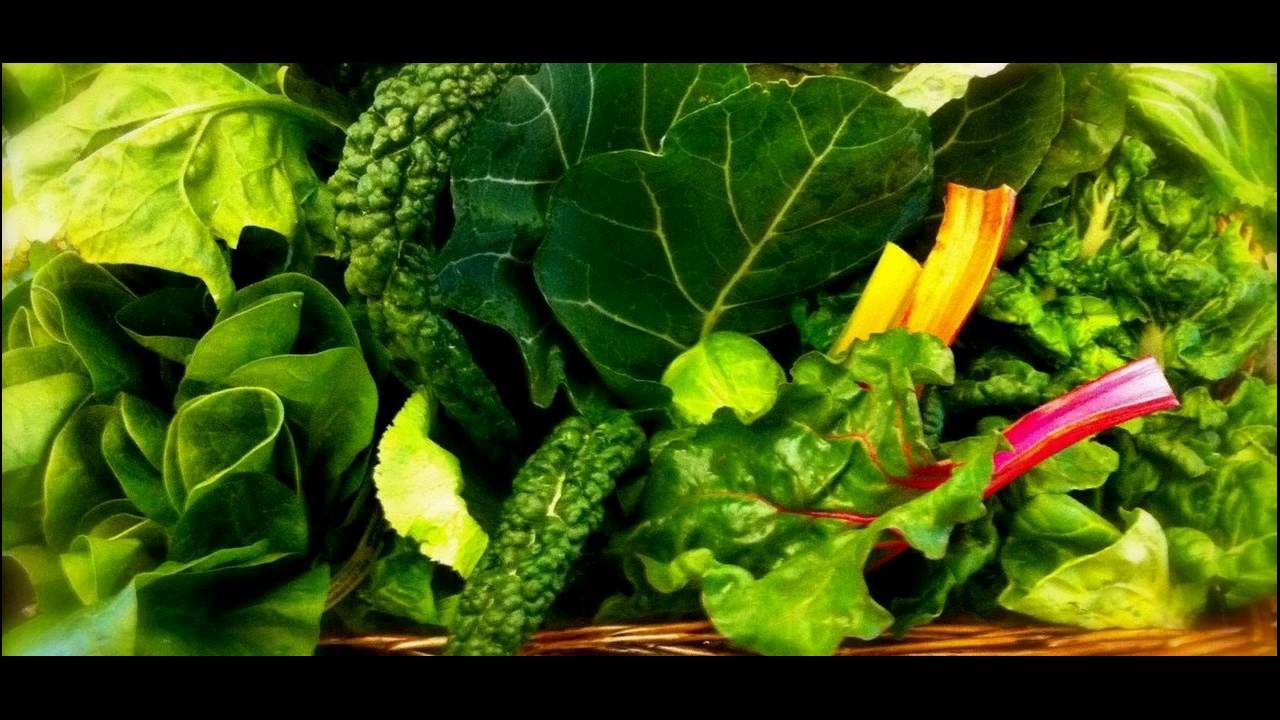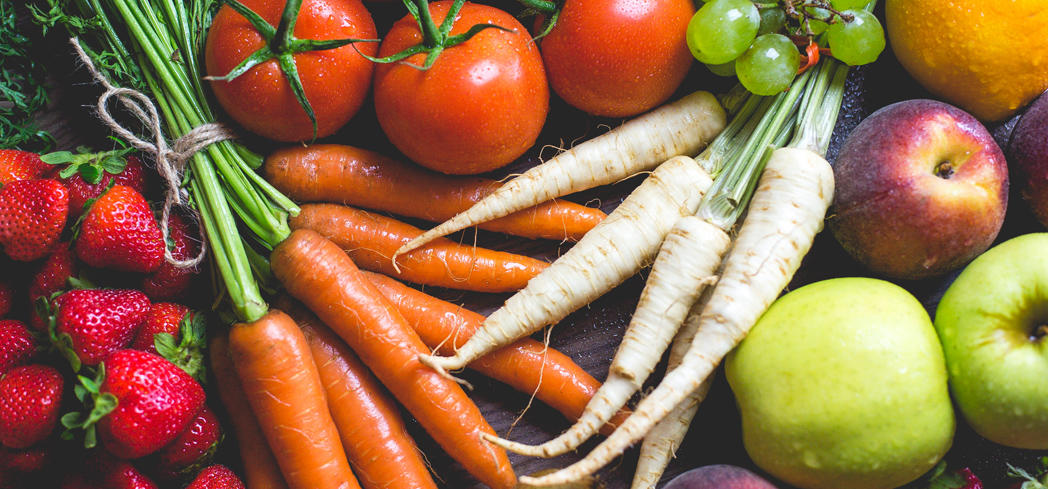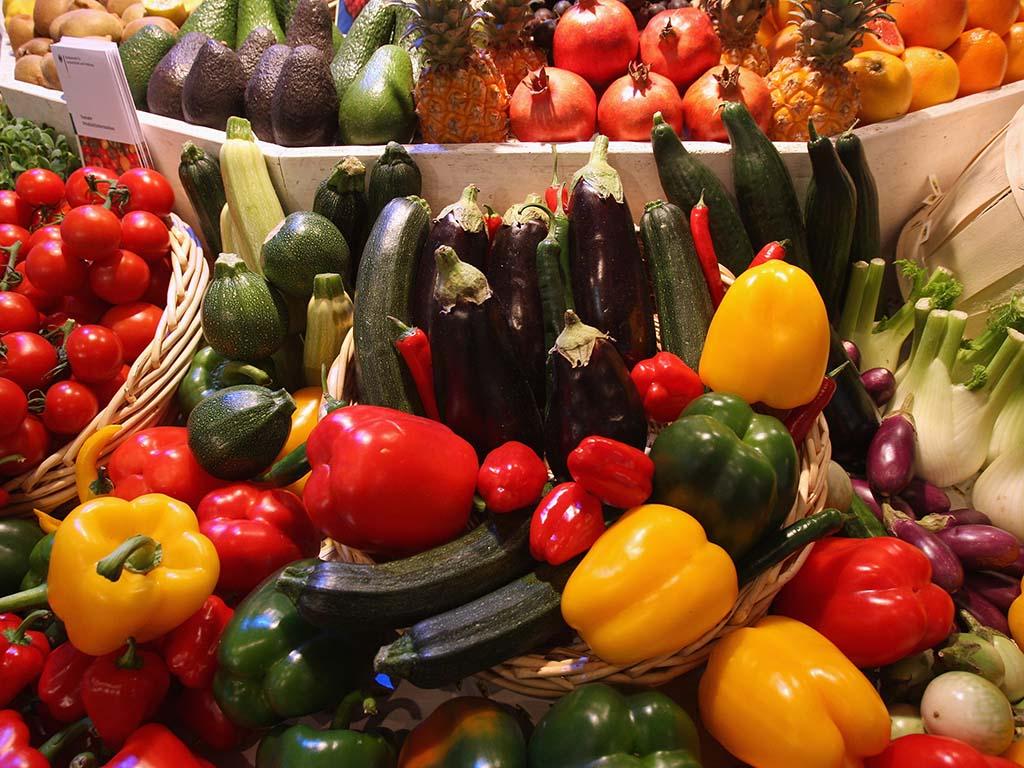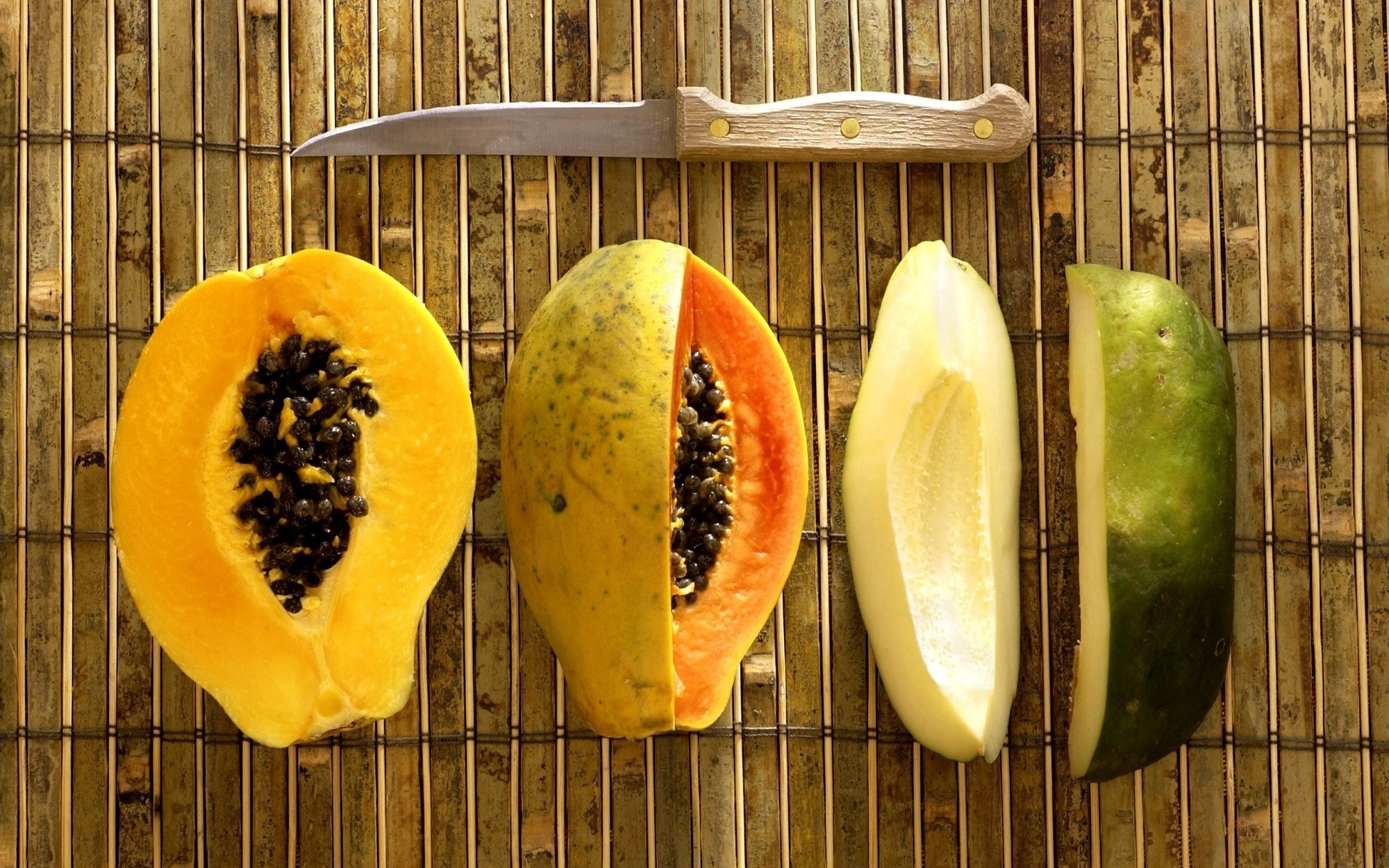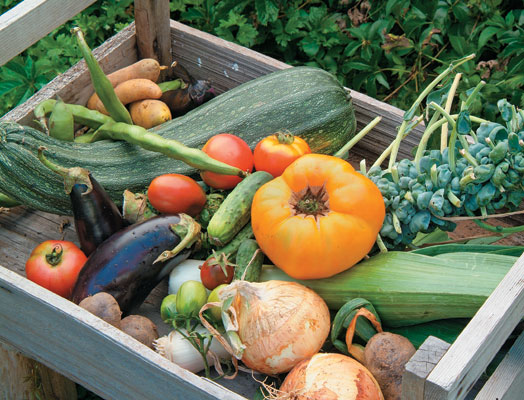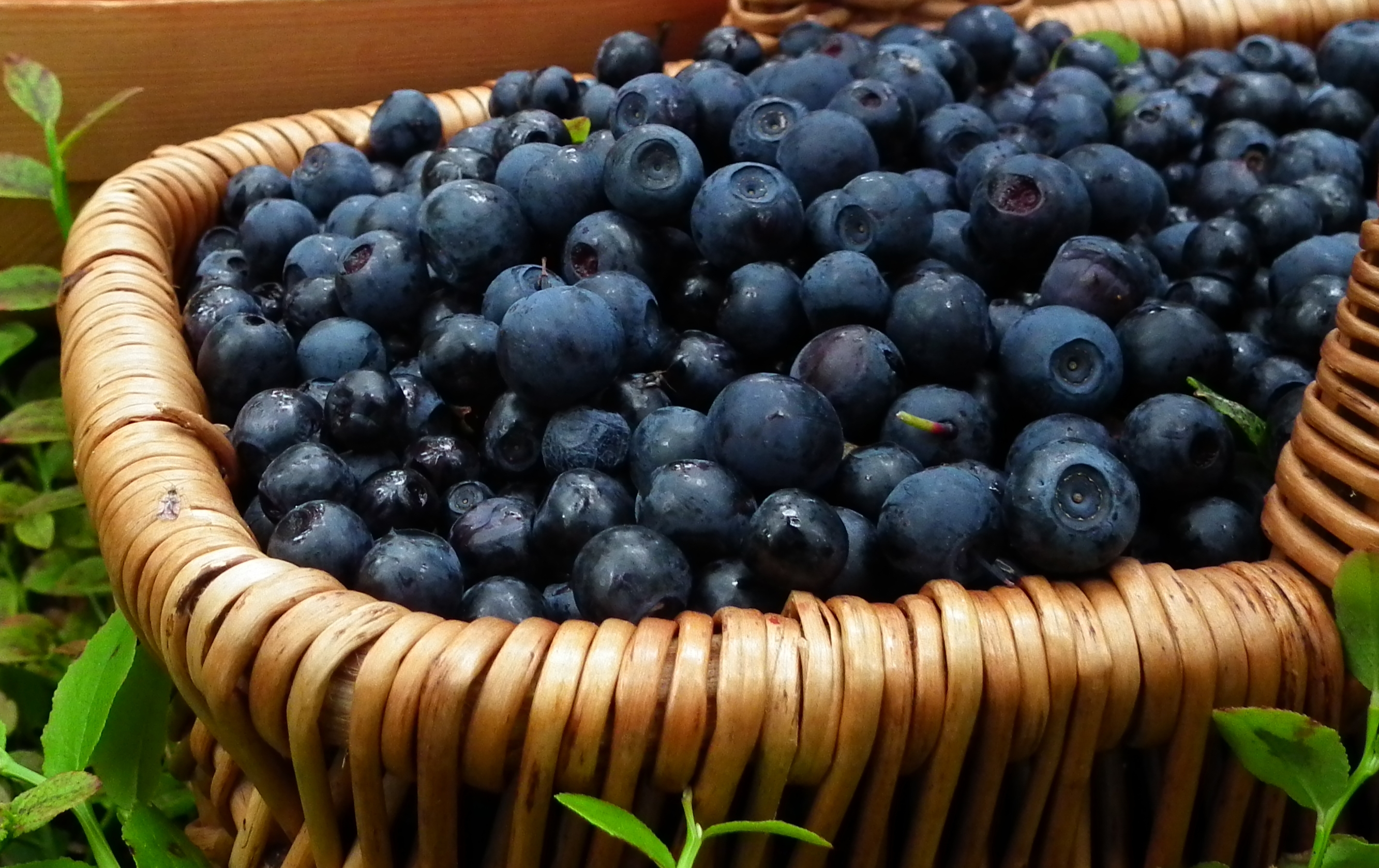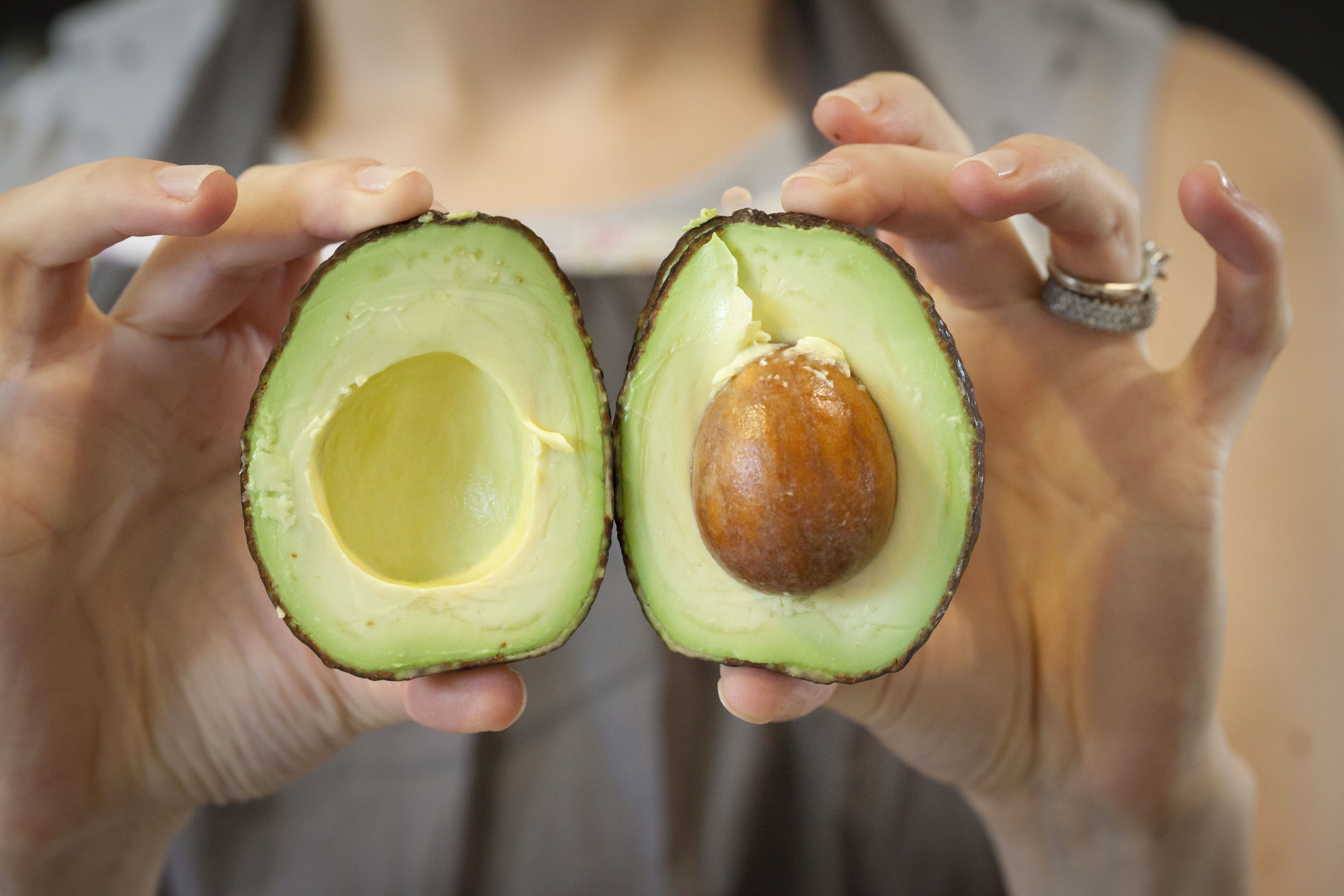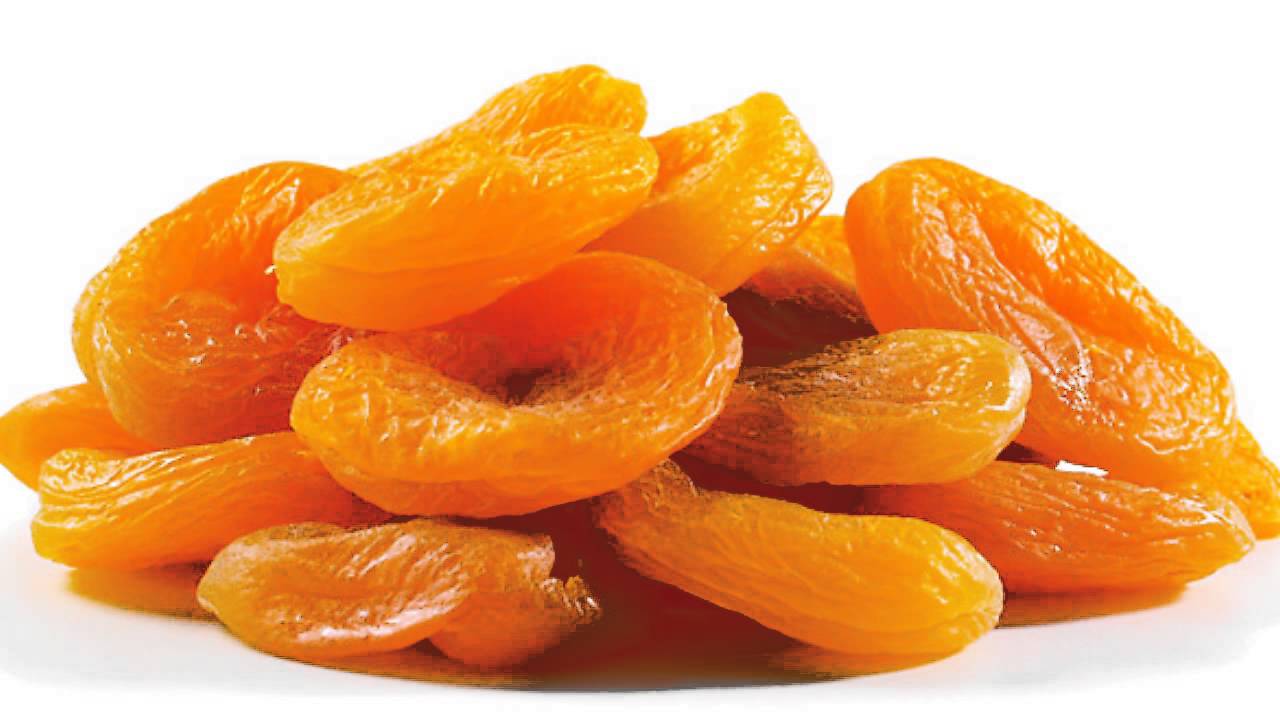The health benefits of popular foods - Vegetables
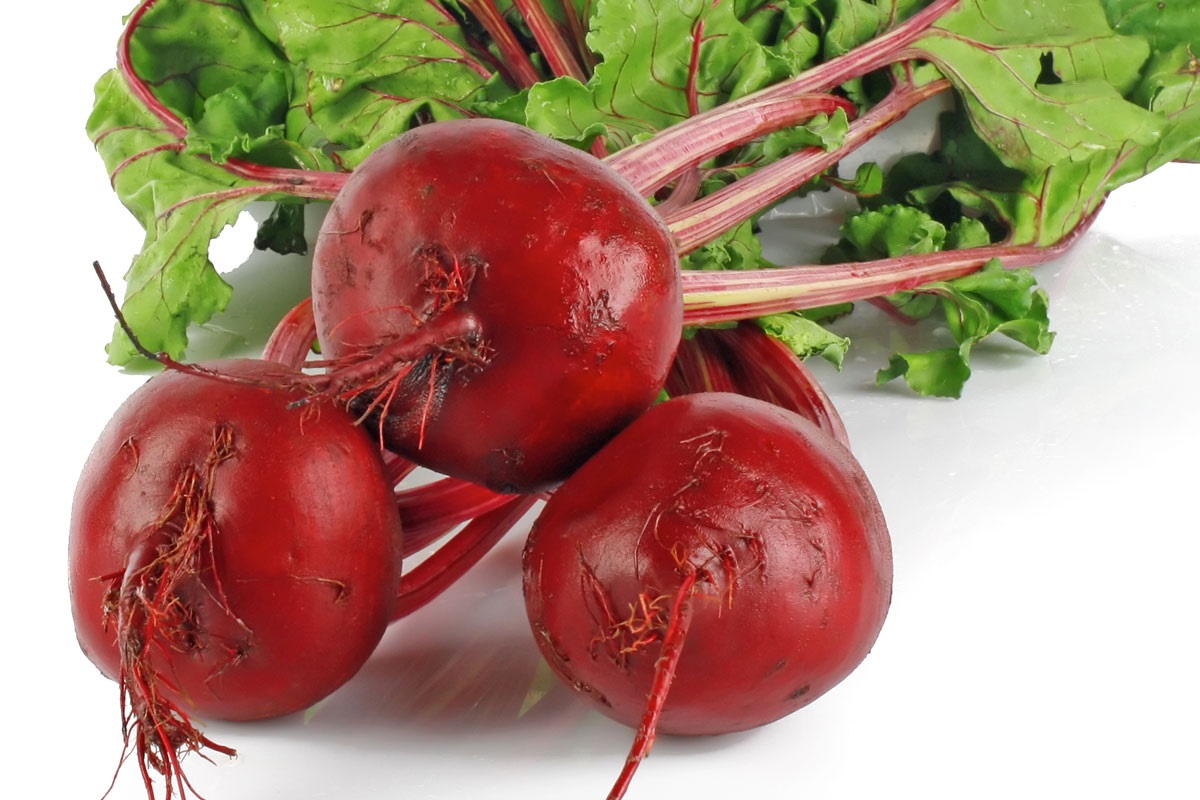
Beetroot, also known simply as the beet, has been gaining in popularity as a new super food due to recent studies claiming that beets and beetroot juice can improve athletic performance, lower blood pressure and increase blood flow.
Beetroot is a rich source of folate and manganese and also contains thiamine, riboflavin, vitamin B-6, pantothenic acid, choline, betaine, magnesium, phosphorus, potassium, zinc, copper and selenium.
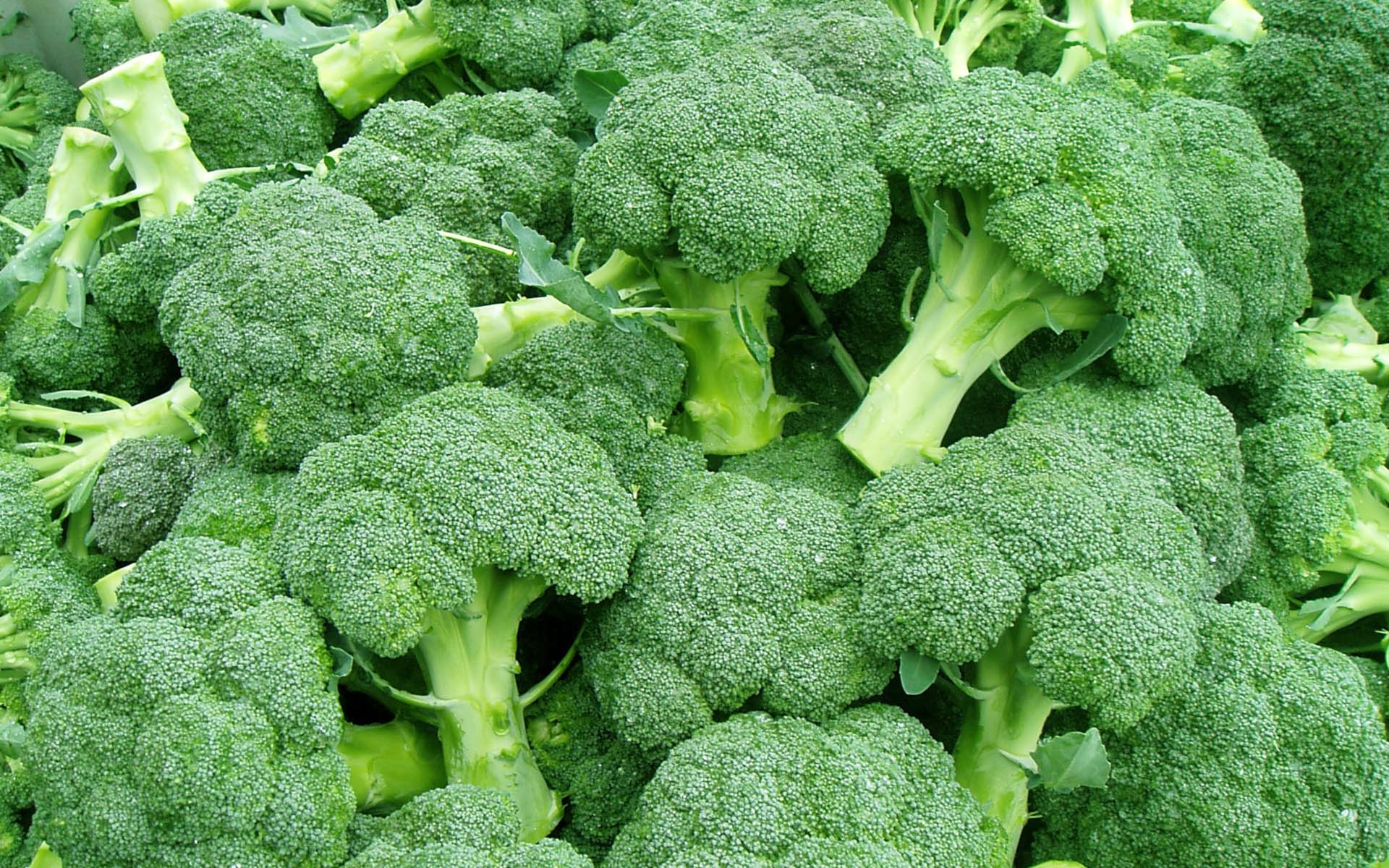
Broccoli contains high levels of fiber (both soluble and insoluble) and is a rich source of vitamin-C.
In addition, broccoli is rich in vitamin A, iron, vitamin K, B-complex vitamins, zinc, phosphorus and phyto-nutrients.
Studies have found that broccoli can potentially help prevent osteoarthritis, protect your skin against the effects of UV light, reverse diabetes heart damage, and reduce bladder cancer risk
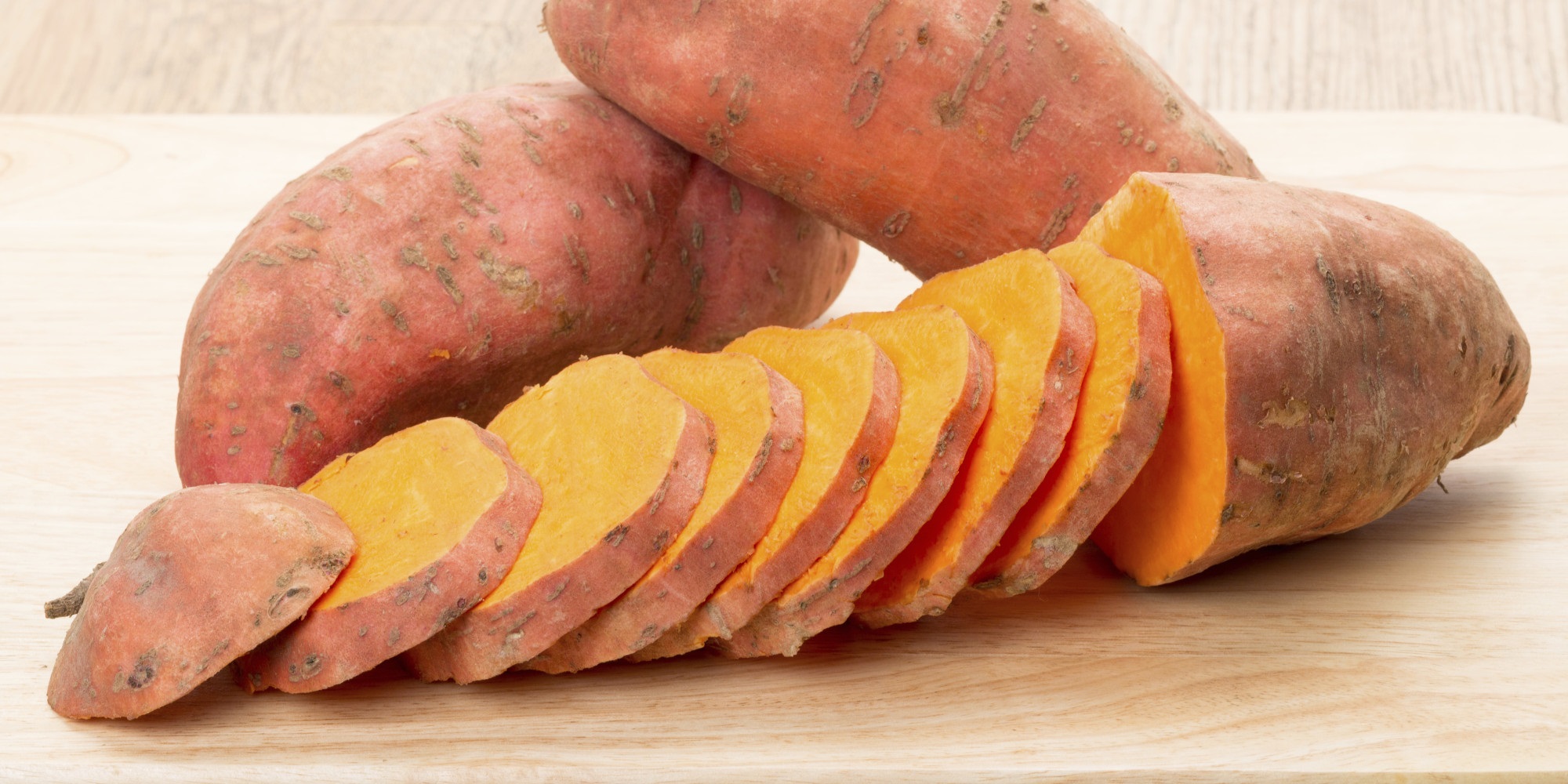
Sweet potatoes pack a powerful nutritional punch. They have got over 400% of your daily needs for vitamin A in one medium spud, as well as loads of fiber and potassium.
The potential health benefits of sweet potatoes include a protective role against prostate cancer, promoting fertility, boosting immunity and supporting vision.
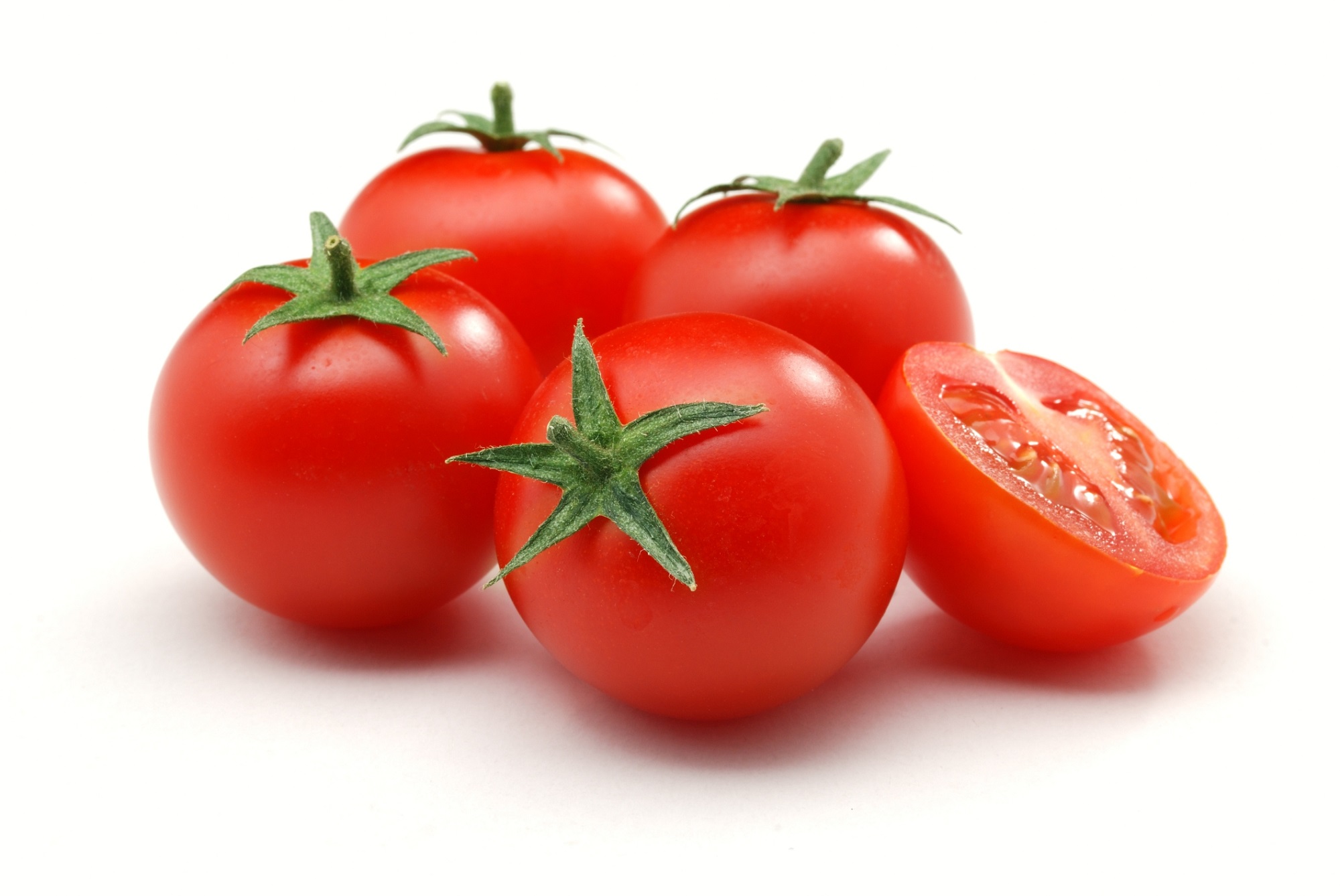
The tomato has been referred to as a functional food, a food that goes beyond providing just basic nutrition, additionally preventing chronic disease and delivering other health benefits, due to beneficial phytochemicals such as lycopene.
Tomatoes are a rich source of vitamins A and C and folic acid. Tomatoes contain a wide array of beneficial nutrients and antioxidants, including alpha-lipoic acid, lycopene, choline, folic acid, beta-carotene and lutein.
The benefits of consuming fruits and vegetables of all kinds, including tomatoes, are infinite. As plant food consumption goes up, the risk of heart disease, diabetes, and cancer goes down.
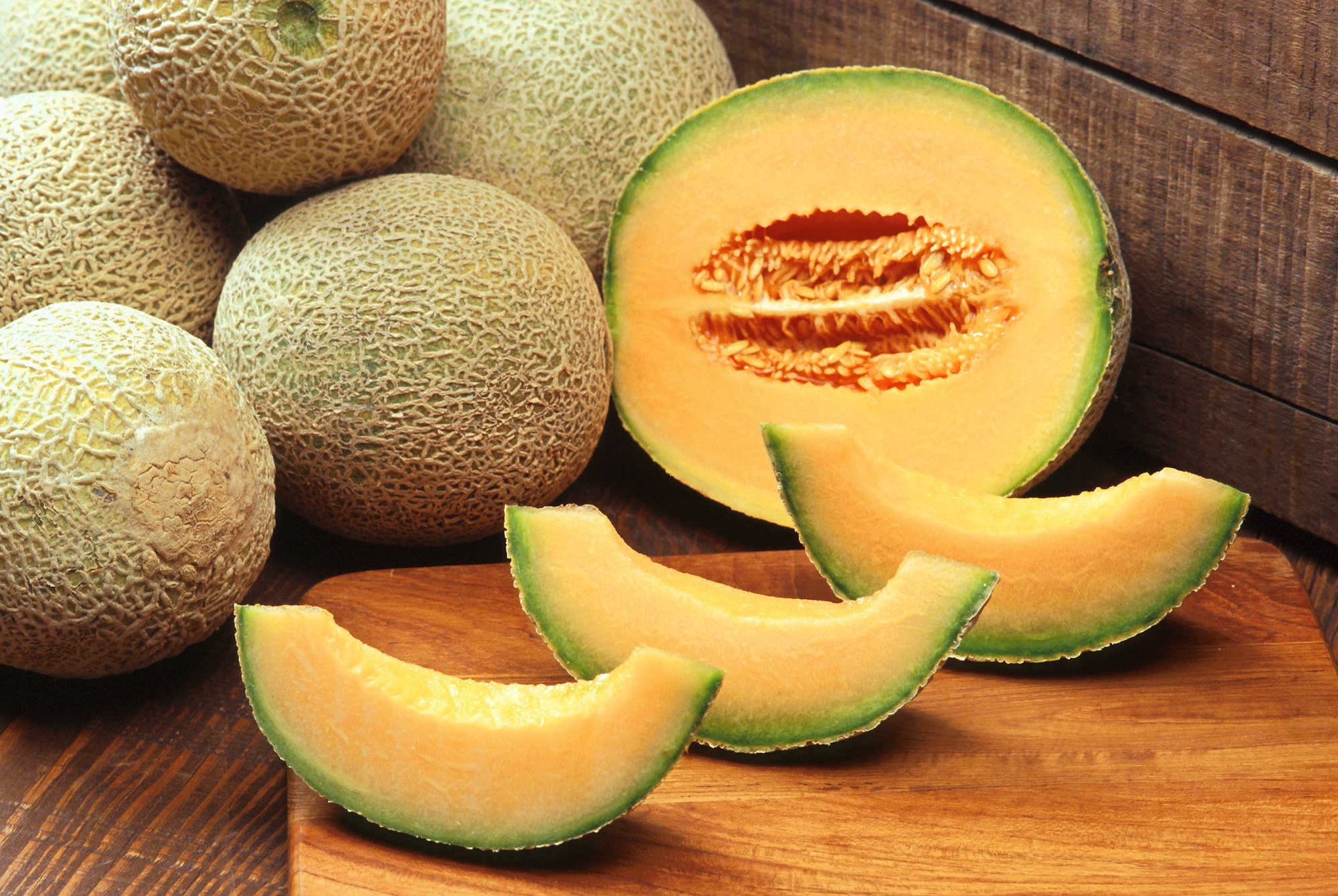
Cantaloupes are also commonly known as muskmelons, mush melons, rock melons and Persian melons. They are a member of the botanical family Cucurbitaceae, along with honeydew and watermelons.
Cantaloupe contains an abundance of antioxidants including choline, zeaxanthin, and beta-carotene, all of which provide protection against a range of diseases and conditions from the common cold to cancer.
Potential health benefits of cantaloupe include lowering risk of developing asthma, managing blood pressure, aiding digestion, keeping hydrated and reducing inflammation.
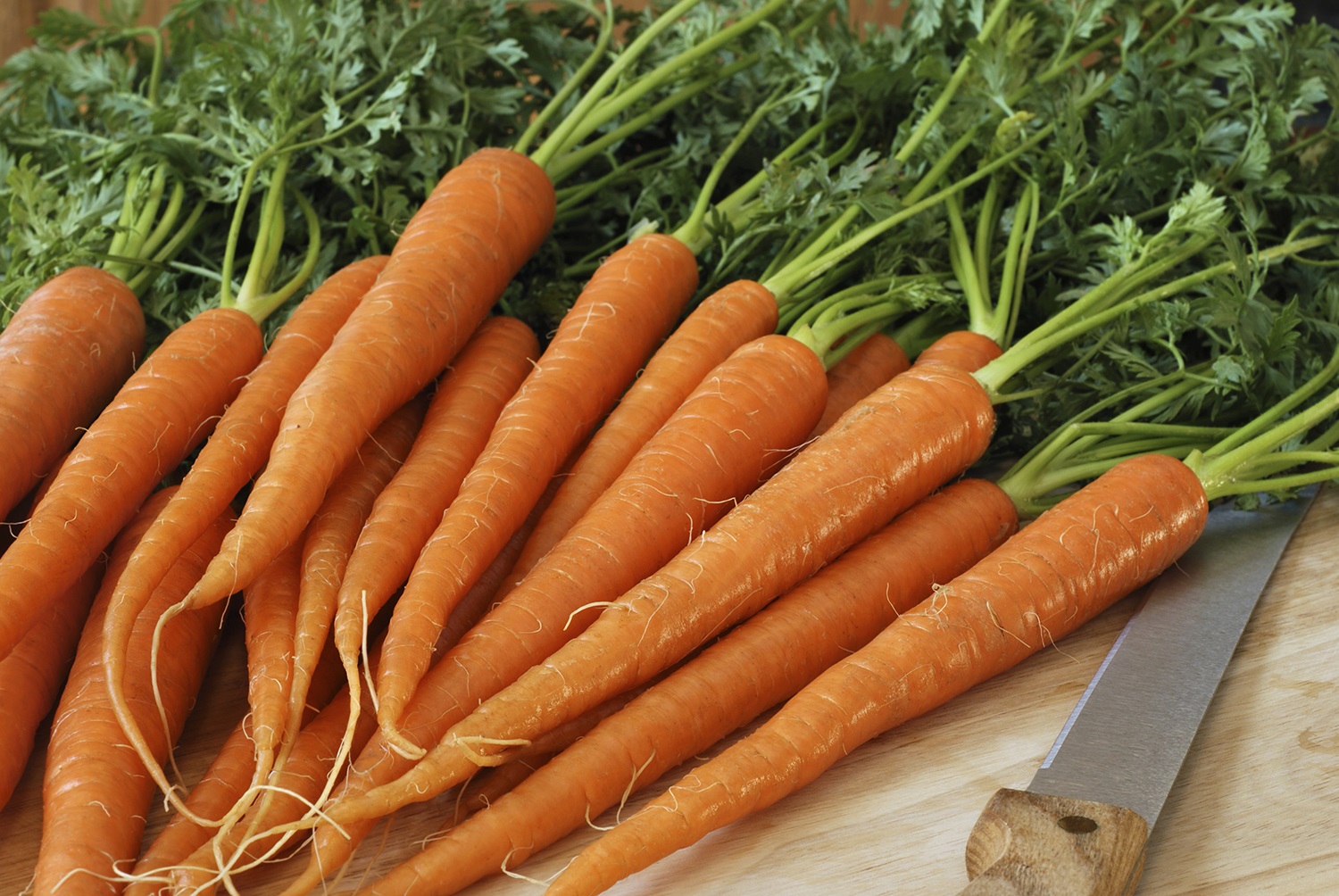
Carrots are a great source of vitamin A. They provide 210% of the average adults needs for the day.
The potential health benefits of carrots include: preventing lung cancer, destroying leukemia cells and inhibiting their progression, and helping to restore vision.
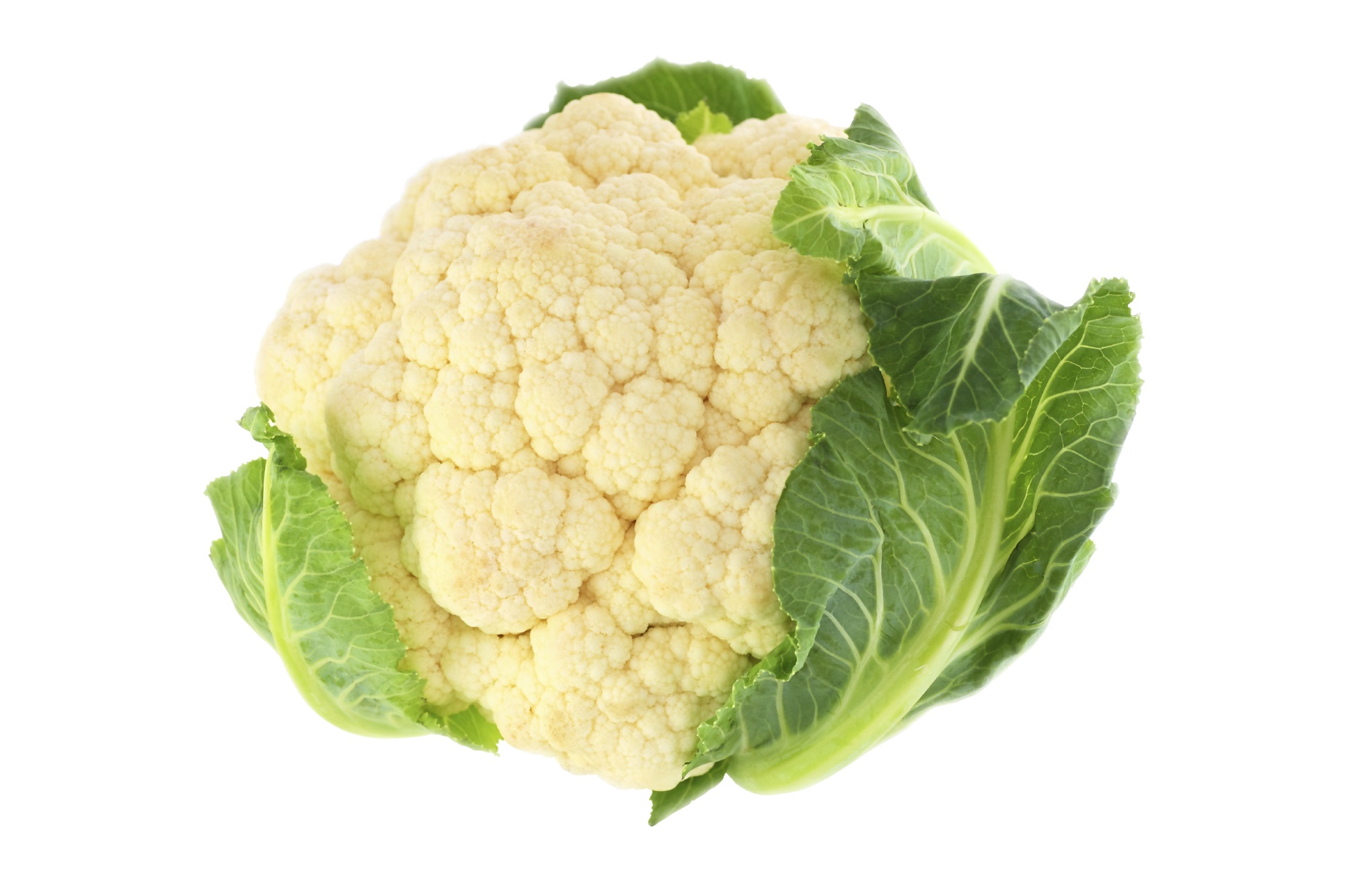
As part of the brassica family, more commonly known as cruciferous vegetables, cauliflower contains antioxidants and phytonutrients that can protect against cancer, fiber that helps with satiety, weight loss and a healthy digestive tract, choline that is essential for learning and memory as well as many other important nutrients.
The potential health benefits of cauliflower include preventing mutations and reducing stress from free radicals, preventing constipation and helping memory.

Celery is a very rich source of antioxidants and vitamin K.
The potential health benefits of celery include: lowering blood pressure, preventing cancer, and soothing joint pain.
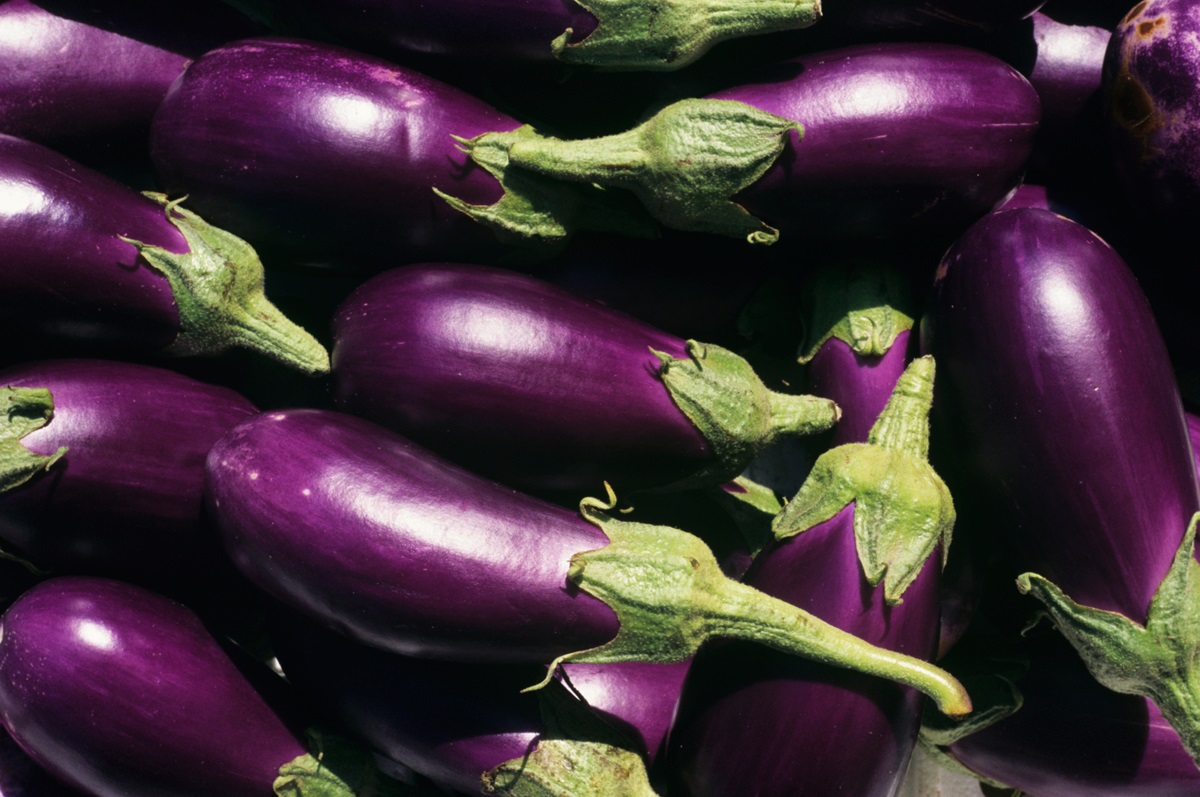
The eggplant, also known as aubergine, garden egg, guinea squash, melongene and brinjal, is usually distinguishable by its signature egg-like shape and vibrant purple color.
The potential health benefits of eggplant, include supporting heart health, maintaining weight and blood cholesterol levels and exhibiting anti-cancer effects
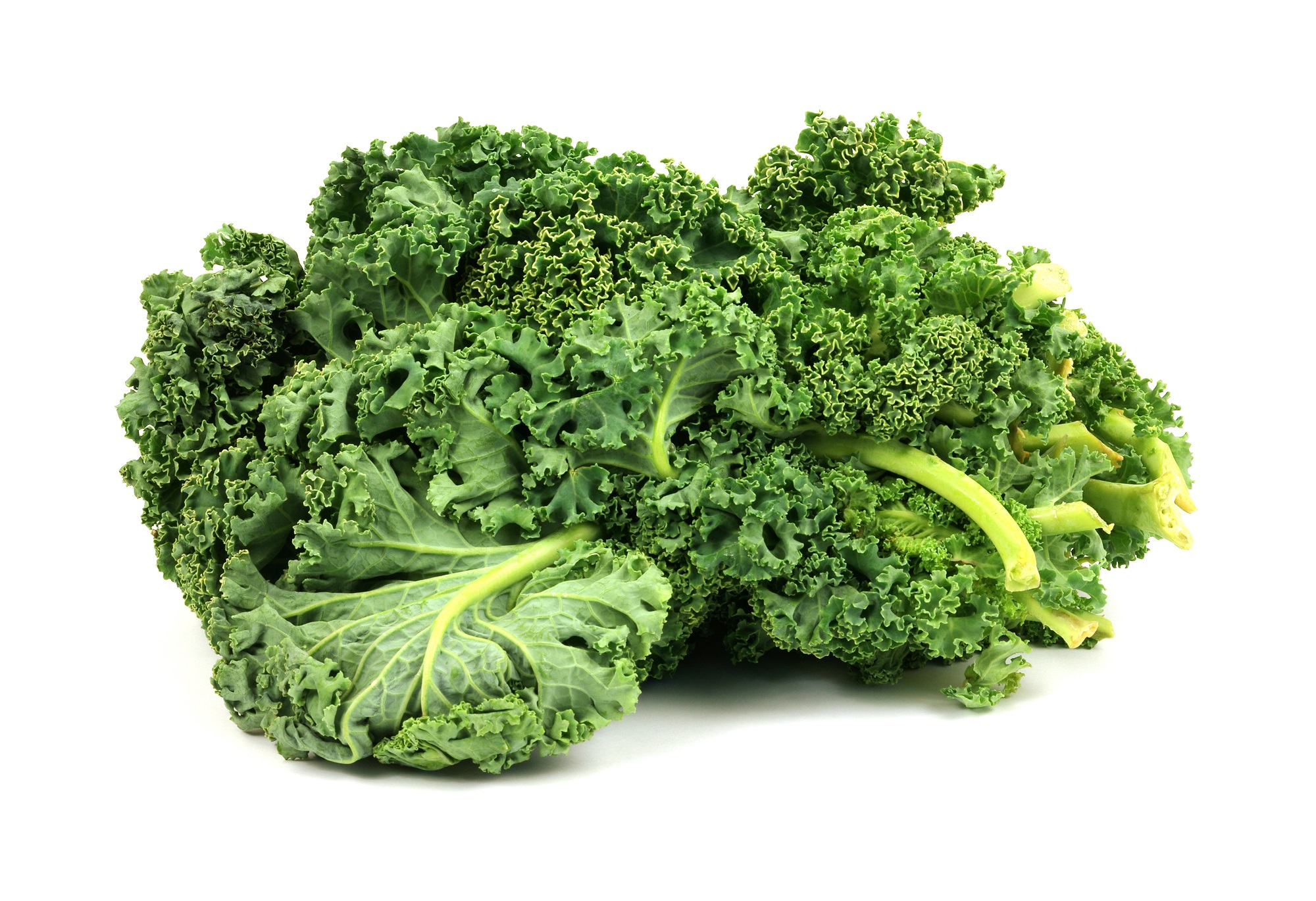
Kale is a great source of vitamin K, vitamin A, beta carotene, calcium, and vitamin C.
The potential health benefits of kale include: reducing the risk of certain cancers, lowering the risk of coronary artery disease, and lowering levels of bad cholesterol.
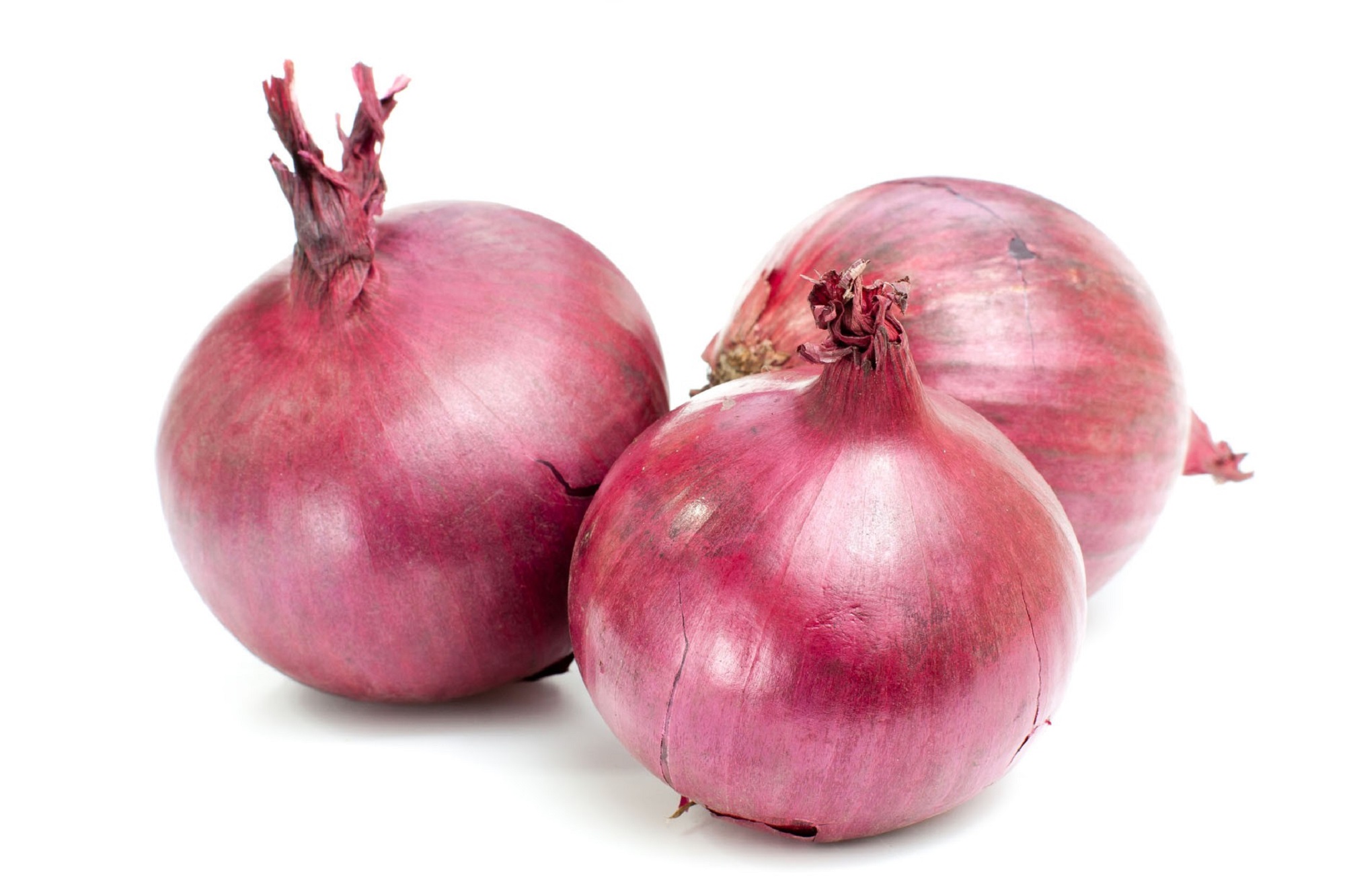
Onions can vary in size, shape, color and flavor. The most common types are red, yellow and white onion. Flavors can vary from sweet and juicy with a mild flavor to sharp, spicy, and pungent, often depending on the season in which they are grown and consumed. It is estimated that 105 billion pounds of onions are harvested each year worldwide.
The possible health benefits of consuming onions include lowering the risk of several types of cancer, improving mood and maintaining the health of skin and hair
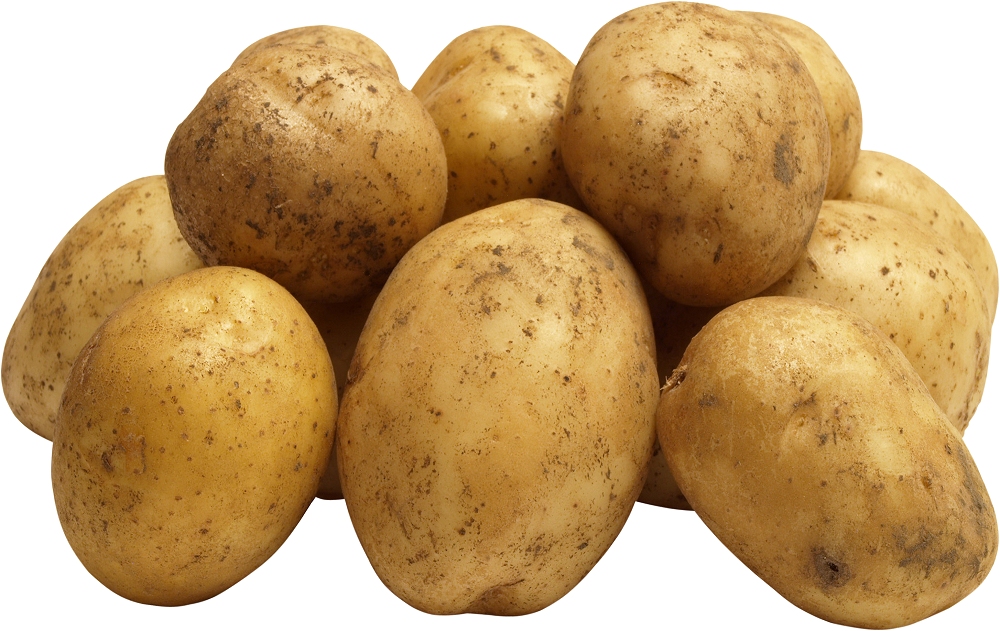
Along with the tomato and eggplant, the potato plant belongs to the nightshade family, of which some species are truly poisonous. Today potatoes are one of the cheapest universal crops to produce and are available year-round.
The health benefits of consuming potatoes include maintaining bone structure, supporting heart health, reducing chronic inflammation and preventing constipation.

Pumpkin is an extremely nutrient dense food, meaning it is chock-full of vitamins and minerals but low on calories. There are many creative ways pumpkin can be incorporated into your diet, including desserts, soups, salads, preserves and even as a substitute for butter.
The potential health benefits of pumpkin including supporting heart health, eye health, promoting fertility and giving immunity a boost.
Related Albums
Your Reaction?

